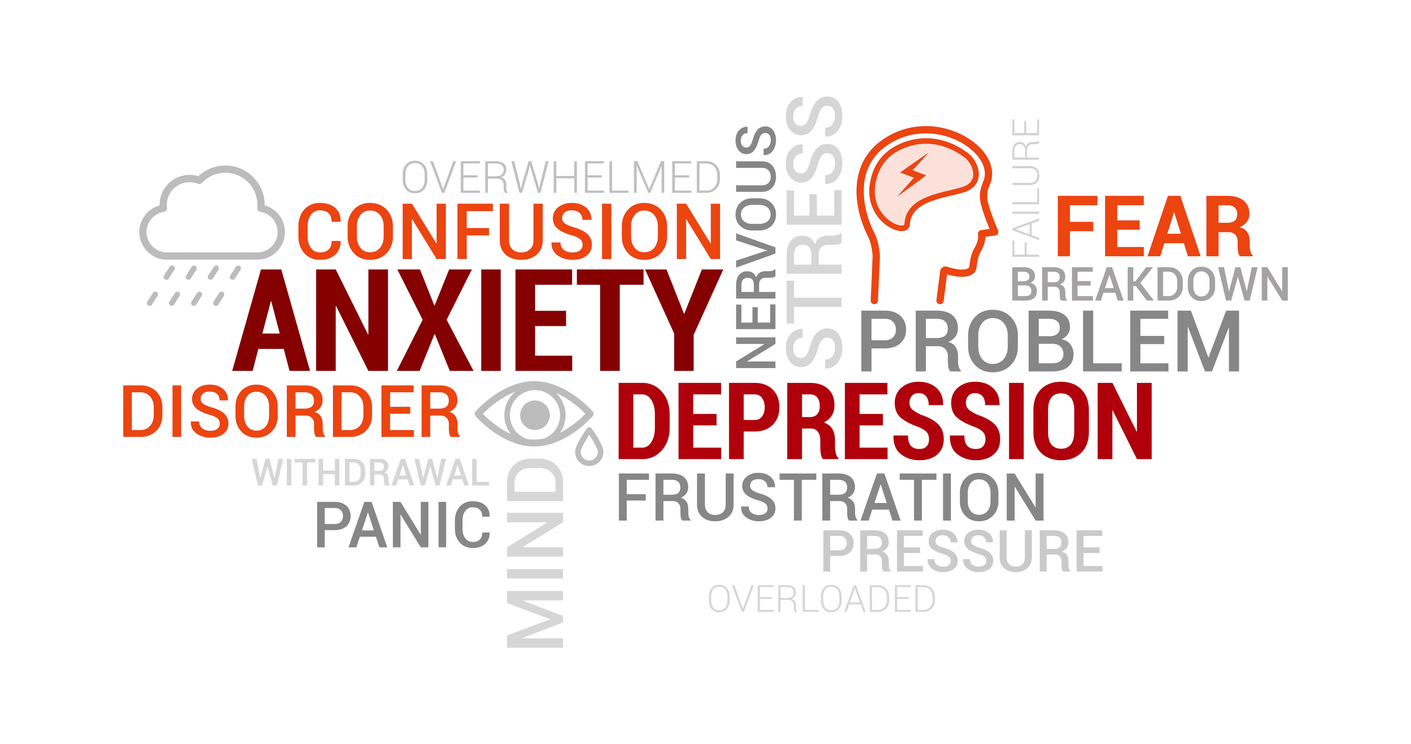
One of the easiest, and maybe most effective, ways to gauge your health can be done in 30 seconds with two fingers.

Even before the federal government's recent decision last week to authorize COVID-19 boosters all adults, it had already recommended them in October for people with certain high-risk conditions. Along with with illnesses like diabetes and heart disease, that list included mental health conditions.

Good news for those of us who can't face the day without their morning flat white: a long-term study has revealed drinking higher amounts of coffee may make you less likely to develop Alzheimer's disease.

Half of all the people who have died from Covid-19 in Ireland were infected in fewer than 400 buildings and many deaths could have been avoided by proper ventilation systems, a leading expert on the built environment has said.

New research by the University of Nottingham has found that drivers touch their face 26 times an hour on average, potentially spreading germs and infection, if handwashing is inadequate.

Major differences found between male and female physician-parents in disruption to childcare, work and new depression symptoms.

People who describe themselves as happy tend to have fewer health problems, a lower risk of depression, and longer lives.

An analysis of 8 million mental health helpline calls from 19 countries early in the pandemic reveals a 35% jump in calls related to fear and loneliness rather than to problems with relationships, finances, domestic violence, and suicidal thoughts that dominated before COVID-19 emerged.

Safe food that is clean, nutritious, and free from chemical residues or disease-causing bacteria is a critical determinant of the health, well-being, prosperity and productivity of people and societies.

Overuse of antibiotics and other antimicrobial drugs during the coronavirus pandemic is helping bacteria develop resistance that will render these important medicines ineffective over time, the Pan American Health Organization (PAHO) warned on Wednesday.







